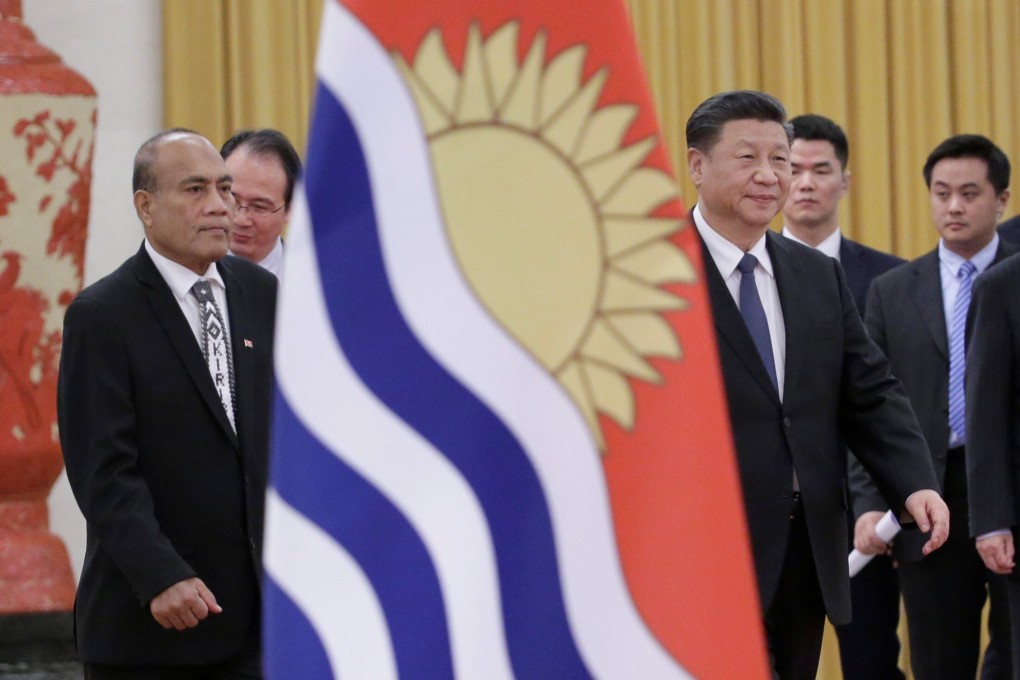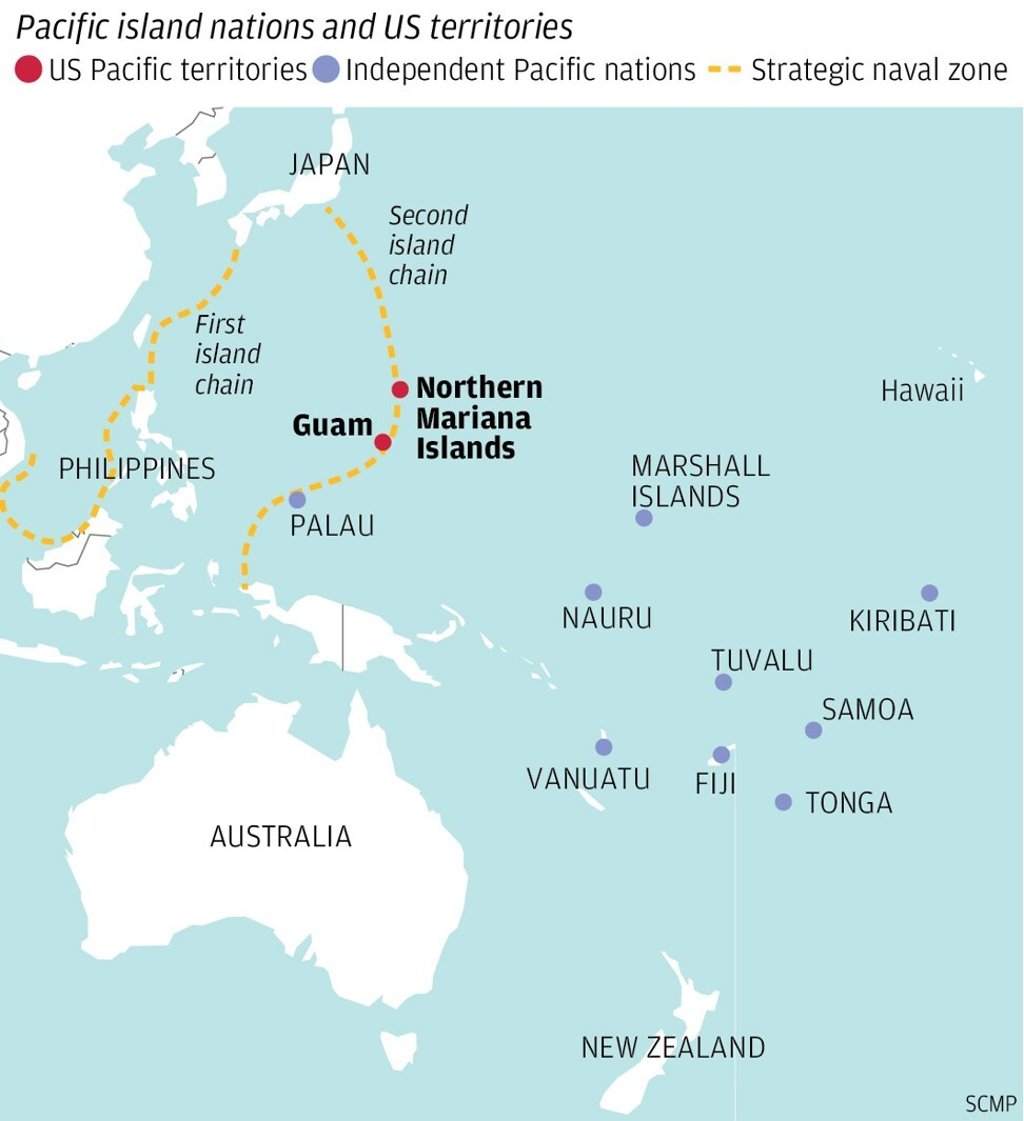Kiribati’s China-backed airstrip upgrade fuels political divisions in Pacific nation
- The Pacific Island’s government and Beijing say the proposed revamp of the airstrip is to upgrade transport links
- But opposition figures are questioning the purpose of the project, which will draw attention from the US and Australia

Kiribati’s 33 islands are scattered across resource-rich waters that make up one of the world’s largest exclusive economic zones.
The Kiribati government has insisted the planned upgrade of facilities on the island of Kanton, a coral atoll located about halfway between Fiji and Hawaii, is for purely civil purposes and intended to boost transport links and tourism in the archipelago.
President Taneti Maamau, who won re-election last year campaigning on closer ties with China, has said the project has yet to progress beyond a Beijing-funded feasibility study, which is on hold due to pandemic-related travel restrictions.
China’s foreign ministry, in a faxed statement to This Week in Asia, said it was discussing the feasibility of upgrading the airstrip to improve transport links in the country and had become involved in the project at the request of the Kiribati government.
